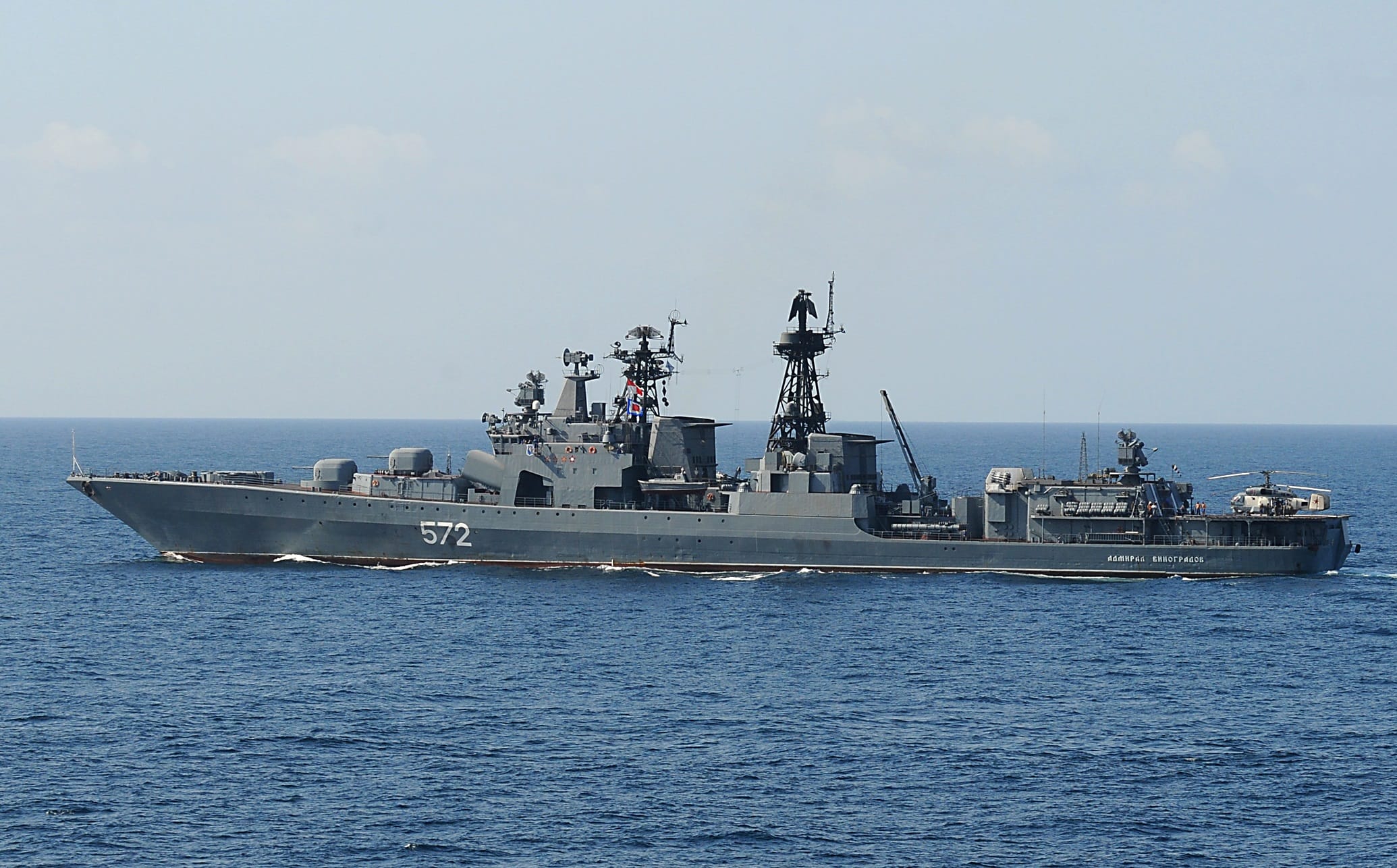The recent detention of journalist Cecilia Sala in Iran has placed Italy in a challenging diplomatic position, as the country seeks to facilitate her release amid rising tensions between the United States and Iran. Sala, a prominent journalist known for her reporting on Middle Eastern affairs, was apprehended while covering a story in Tehran. Her detention has sparked widespread concern among journalists and human rights advocates, prompting the Italian government to take immediate action.
The Italian Ministry of Foreign Affairs has been actively engaging with Iranian officials to negotiate Sala’s release. Italy’s longstanding diplomatic ties with Iran, which date back to the establishment of formal relations in the 1930s, have provided a foundation for these discussions. Italian diplomats are emphasizing the importance of press freedom and the safety of journalists in their negotiations, highlighting the need for a swift and just resolution to Sala’s situation.
However, Italy’s efforts are complicated by the broader geopolitical tensions between the United States and Iran. The U.S. has maintained a hardline stance against Iran, particularly in light of its nuclear program and alleged support for militant groups in the region. This tension has led to a challenging environment for countries like Italy, which are seeking to mediate and maintain open channels of communication with both sides.
As Italy navigates this diplomatic minefield, officials are also mindful of the potential repercussions of their actions. The Italian government must balance its commitment to securing Sala’s release with the need to uphold its alliance with the United States. This delicate balancing act requires careful consideration of the messages conveyed to both Tehran and Washington.
In recent statements, Italian officials have reiterated their commitment to protecting the rights of journalists and the principles of free expression. They have called for the immediate release of Sala and have expressed concern about the implications of her detention for press freedom in Iran. The Italian government is also working closely with international organizations and human rights groups to raise awareness of Sala’s situation and to advocate for her release on a global scale.
The case of Cecilia Sala is not an isolated incident; it reflects a broader trend of increasing risks faced by journalists operating in conflict zones and authoritarian regimes. According to reports from various press freedom organizations, the number of journalists detained worldwide has been on the rise, with many facing charges related to their reporting. This trend underscores the urgent need for governments and international bodies to prioritize the protection of journalists and to hold accountable those who threaten their safety.
As Italy continues its diplomatic efforts, the situation remains fluid. The Italian government is reportedly exploring various avenues for negotiation, including potential exchanges or concessions that may facilitate Sala’s release. These discussions are taking place against the backdrop of ongoing international efforts to address the broader issues between the U.S. and Iran, including the potential for renewed negotiations over Iran’s nuclear program.
In the meantime, the Italian public and the international community are closely monitoring developments in Sala’s case. Advocacy groups are calling for increased pressure on the Iranian government to release her and to respect the rights of journalists. The situation has sparked a renewed discussion about the challenges faced by journalists operating in volatile regions and the importance of protecting press freedom as a fundamental human right.
While the path to securing Cecilia Sala’s release is fraught with challenges, Italy’s commitment to diplomacy and dialogue remains steadfast. The Italian government is determined to navigate this complex situation with care, seeking to uphold its values while advocating for the safety and freedom of its citizens abroad. As negotiations progress, the hope remains that Sala will soon be reunited with her family and colleagues, and that her case will serve as a catalyst for broader discussions about the importance of safeguarding the rights of journalists worldwide.



